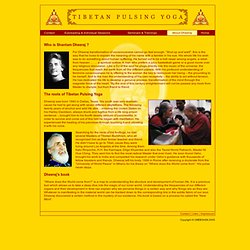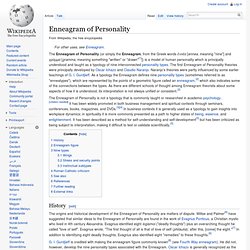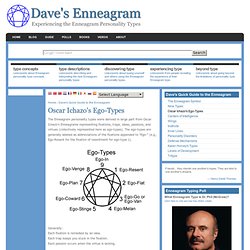

Pcals_training. Arica School. The Arica School, also known as the Arica Institute (which is its incorporated educational organization) or simply as Arica, is a human potential movement group founded in 1968 by Bolivian-born philosopher Oscar Ichazo (born 1931).

The school is named after the city of Arica, Chile, where Ichazo once lived and where he led an intensive months-long training in 1970 and 1971 before settling in the United States where the Arica Institute (incorporated in 1971) has since been headquartered. The Arica School can be considered, as Ramparts magazine put it in 1973, "a body of techniques for inherent consciousness-raising and an ideology to relate to the world in an awakened way. "[1] Origins[edit] The Arica School's origins began in 1956 when groups of people formed in major cities in South America to study the thoughts that Ichazo was proposing. Ichazo's theories are based upon such traditional metaphysical questions such as: "What is humankind? " Basic theory[edit] Essence and ego[edit] About Shantam Dheeraj. Who is Shantam Dheeraj ?

For Dheeraj transformation of consciousness cannot go fast enough. “Shut up and wait!” , this is the way that he loves to explain the meaning of his name with a twinkle in his eye. His whole life his wish was to do something about human suffering. He turned out to be a hell raiser among angels, a rebel from heaven … … a spiritual outlaw. The roots of Tibetan Pulsing Yoga Dheeraj was born 1940 in Dallas, Texas. Searching for the roots of his findings, he met several Masters of Tibetan Buddhism, who all recognized him as their former teacher and friend. Web Radio For Spiritual Music & Meditation ! Zen Web Radio. Tibetan Pulsing World - Resources for the General Public.
Dave's Enneagram. Line of the School Trainings. Osho Energy Transformation Institute. 99 Meditation Seconds with Osho quotes. Pulsing Planet. The RunningFather Blog. From his website I was born in November 24, 1932.

I grew up in musical environment, attended school in … Continue reading Karen Horney and the Enneagram – by Katherine Chernick Fauvre | February 18 by The Running Son Read the FULL article: Karen Horney is believed to be one of the most innovative psychoanalysts since Sigmund Freud. … Continue reading Enneagram Intro: Funny, You Dont Look Two-ish by Tony Schwartz | February 18 by The Running Son SOURCE: Esquire; Mar 1995, Vol. 123 Issue 3, p110 by Tony Schwartz Part 1 Beyond Freud, beyond Jung, beyond est … Continue reading. Enneagram of Personality. History[edit] The origins and historical development of the Enneagram of Personality are matters of dispute.

Wiltse and Palmer[6] have suggested that similar ideas to the Enneagram of Personality are found in the work of Evagrius Ponticus, a Christian mystic who lived in 4th century Alexandria. Evagrius identified eight logismoi ("deadly thoughts") plus an overarching thought he called "love of self". Evagrius wrote, "The first thought of all is that of love of self (philautia); after this, [come] the eight. G. Claudio Naranjo is a Chilean-born psychiatrist who first learned about the Enneagram of Personality from Ichazo at a course in Arica, Chile.
Oscar Ichazo's Ego-Types. The Enneagram personality types were derived in large part from Oscar Ichazo's Enneagrams representing fixations, traps, ideas, passions, and virtues (collectively represented here as ego-types).

The ego-types are generally labeled as abbreviations of the fixations appended to "Ego-" (e.g., Ego-Resent for the fixation of resentment for ego-type 1). Generally: Each fixation is remedied by an idea. Each trap keeps you stuck in the fixation. Each passion occurs when the virtue is lacking. Here's an example of how this might work for ego-type 1. 1. Fixation: Resentment Trap: Perfection Idea: Holy Perfection Passion: Anger Virtue: Serenity. P-CALS. Enneagram. Card Verification Code A Card Verification Code, or CVC, is a number that provides extra security to credit and debit card holders, in case an unauthorized person gets a hold of your account number.

CVCs are one way to make sure someone has the actual card in his or her possession. The location of the CVC and number of digits varies depending on card type. Oscar ichazo 2012.